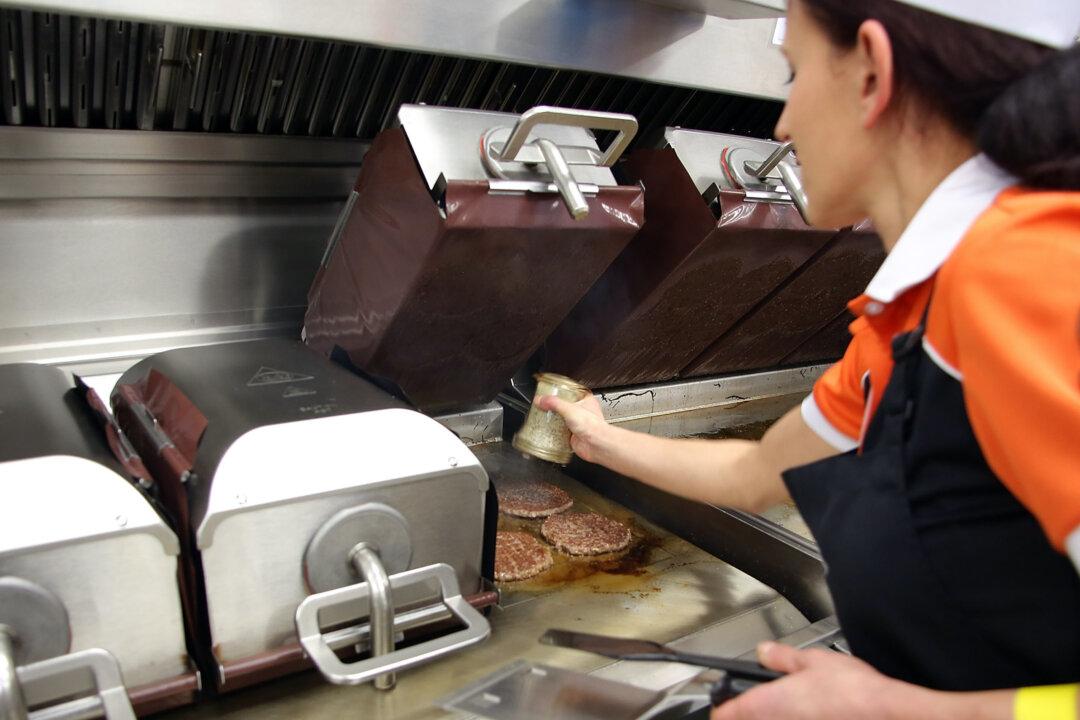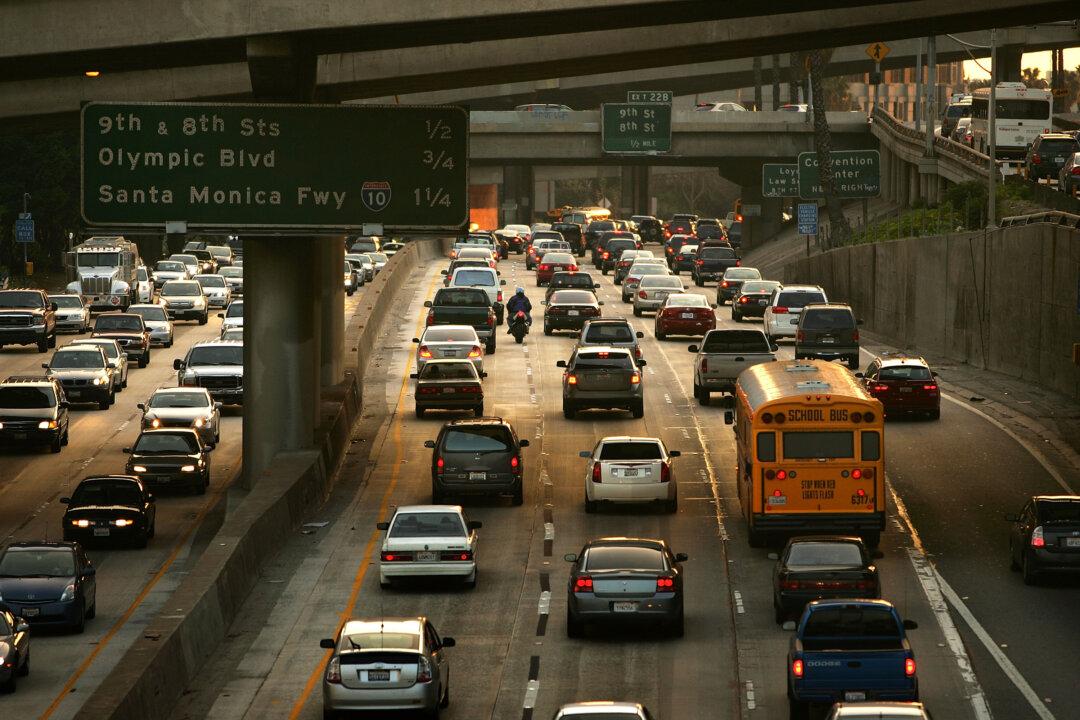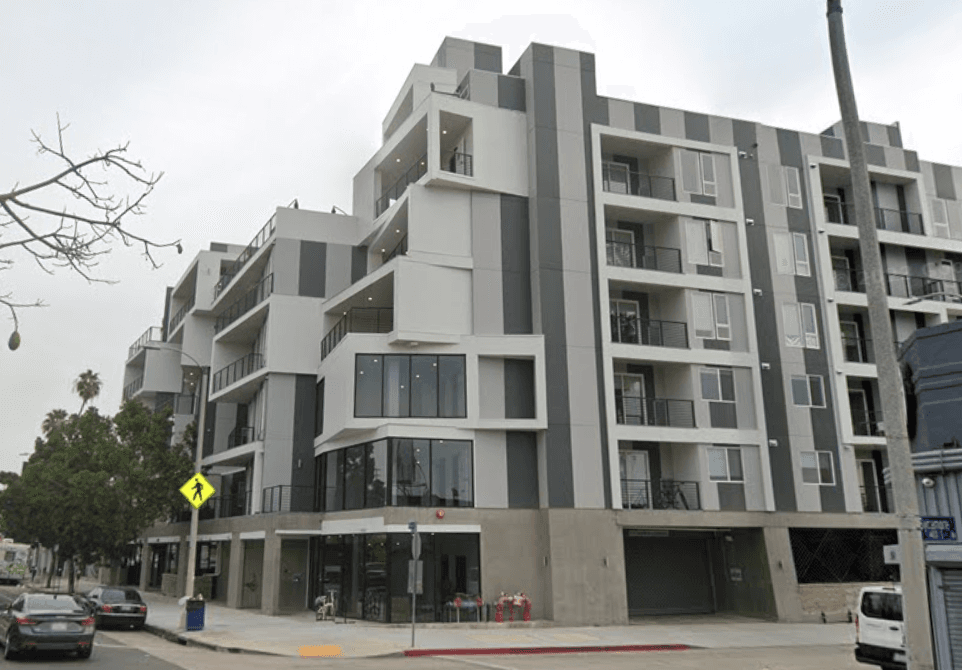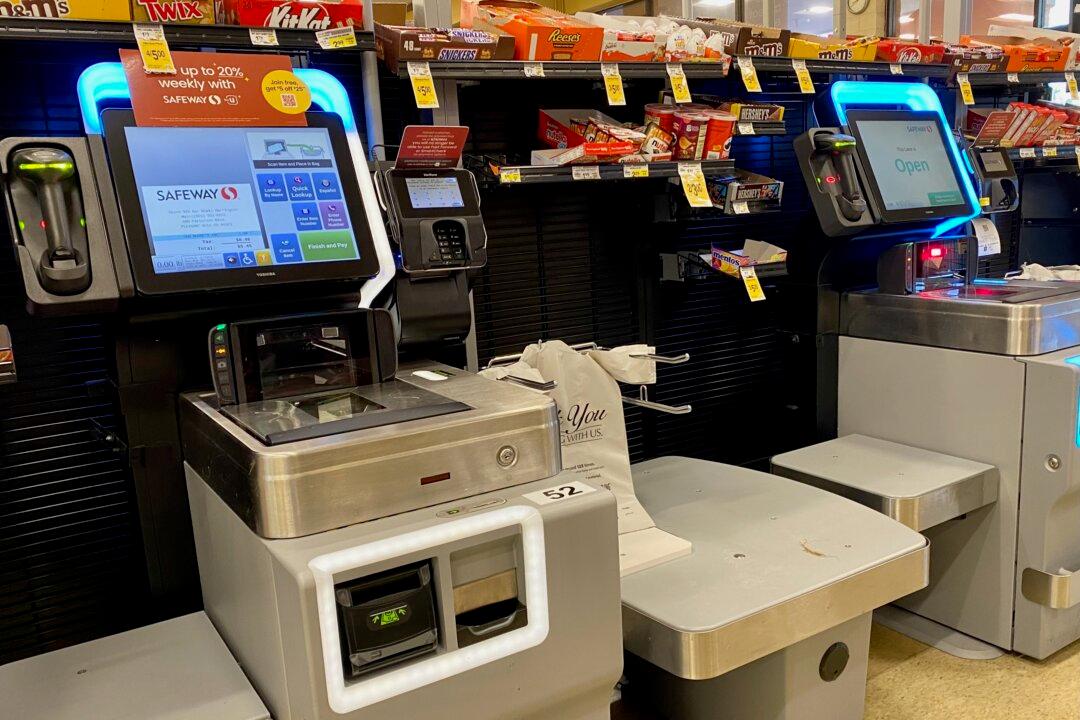Commentary
While in college I sat on the university’s committee for on-campus student employees. The question on the table was whether to increase student wages at places like the bookstore, food service, and teacher assistants. Since I represented the students, naturally I advocated for higher wages. The left-leaning administrators and professors on the committee pushed back, arguing that higher wages would mean fewer hours and jobs for students.





